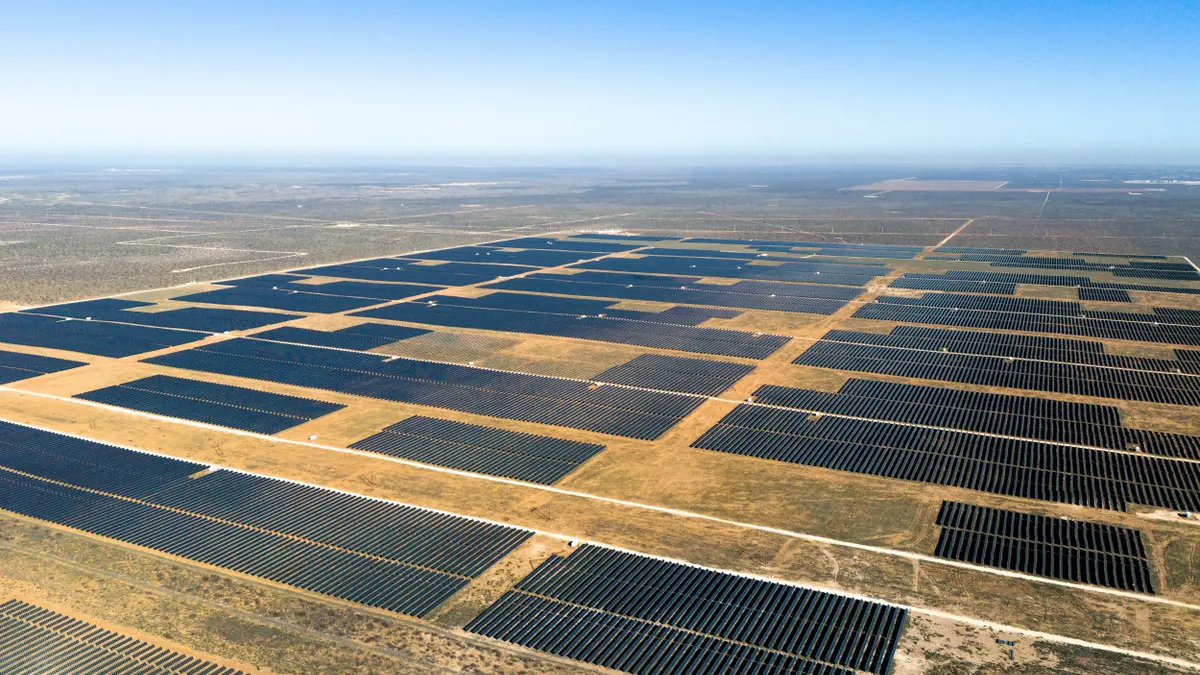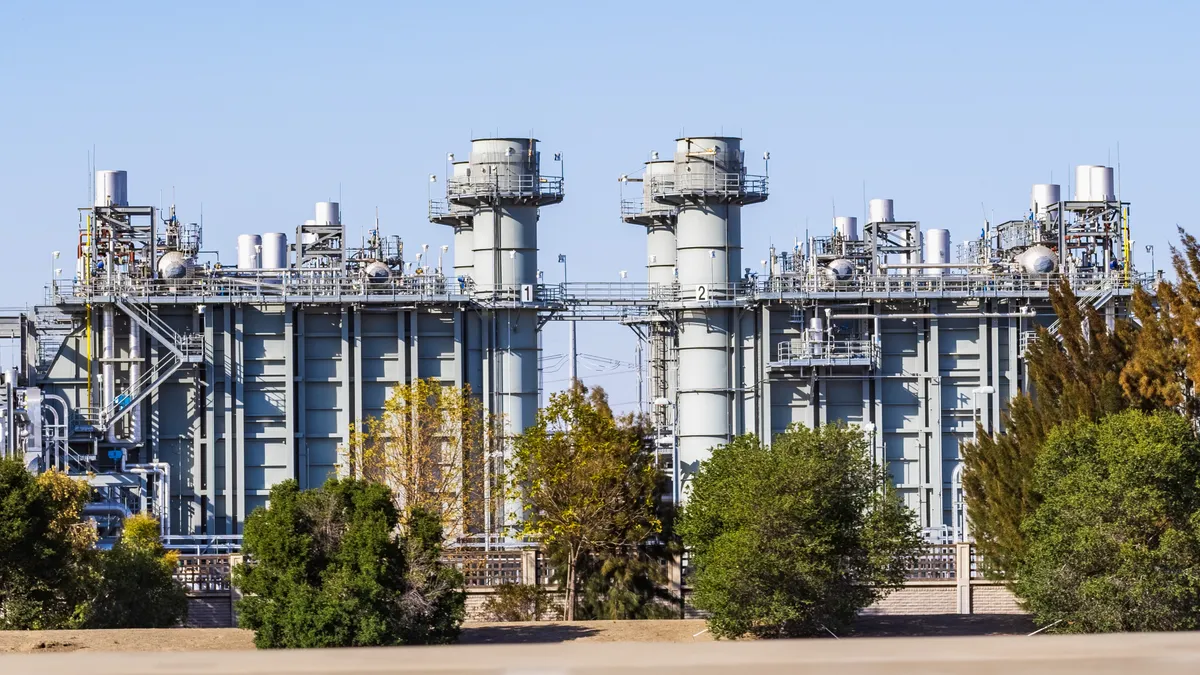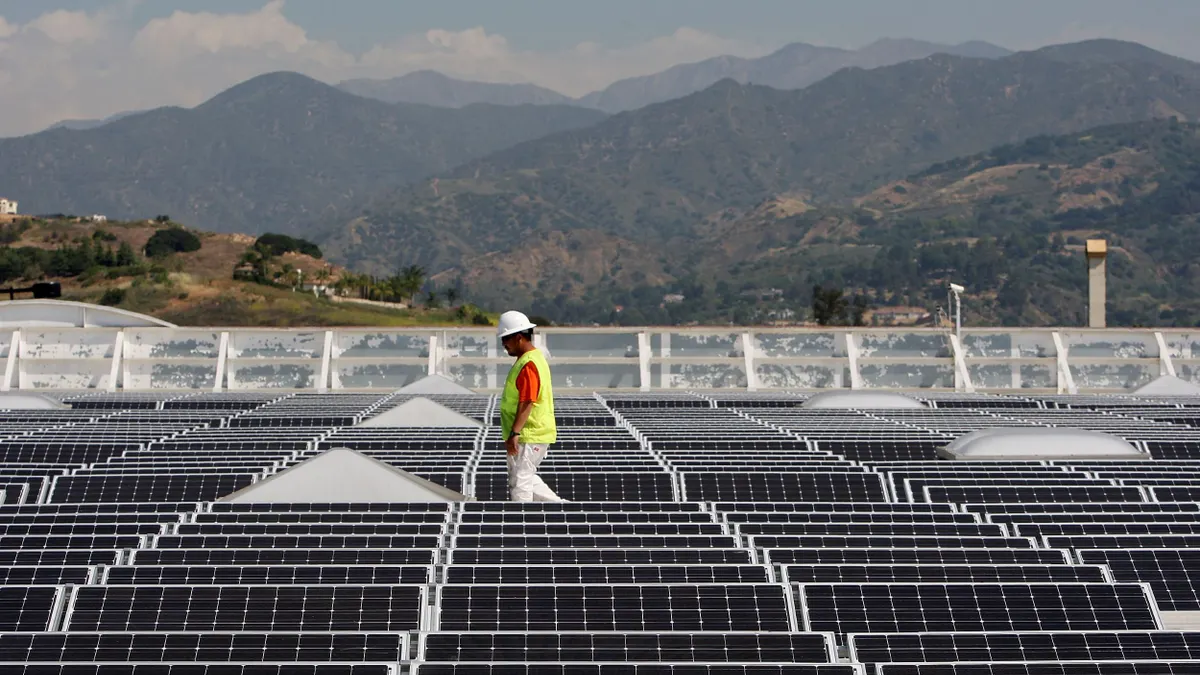Reports from the Union of Concerned Scientists, Sierra Club and others are finding that self-committing coal-fired power is costing consumers across wholesale power markets millions of dollars annually. Within the Midcontinent Independent System Operator (MISO) region, uneconomic self-commitment cost ratepayers $350 million in 2018, averaging $60 per customer, according to a report released last week from the Union of Concerned Scientists (UCS).
Some of the utilities pegged as the worst offenders disputed UCS' findings in full, as did coal power advocate America's Power. Other utilities in the MISO market argue self-commitment is an important and necessary mechanism to avoid startup and shutdown costs.
But a few utilities have shifted practices away from self-committing and toward seasonal commitments and economic dispatches in response to increased regulatory scrutiny in some states. State regulators have a vital role to play in determining whether such practices should fundamentally change a state's regulatory policy, former Federal Energy Regulatory Commissioner Suedeen Kelly told Utility Dive.
"If you really want to change this, and you want to get rid of the uneconomic commitment, you got to change it at the state," said Kelly.
"This is a clear indication that there are market distorting, subsidized resources that I believe FERC should take a look at."

Jon Wellinghoff
Former FERC Chair
Dockets in Indiana, Minnesota and Missouri are examining the issue and UCS says more oversight is needed if states want to maximize the value of their wholesale markets.
"This issue will not be resolved until state commissioners step up and tackle it," Joe Daniel, senior energy analyst at UCS and lead author of the report told Utility Dive. "The recipe for success is having thoughtful, concerned commissioners who are willing to scrutinize utility practices and willing to work with the utilities to find a solution."
Another former federal energy regulator argues the issue should be resolved by FERC. Similar to what he says is a resource-neutral, good faith attempt to cut out market distortions in the PJM Interconnection through the Minimum Offer Price Rule, FERC has a responsibility to address this issue, former FERC Chair Jon Wellinghoff told Utility Dive.
"This is a clear indication that there are market distorting, subsidized resources that I believe FERC should take a look at," he said. "FERC's intent in the PJM MOPR, and hopefully its intent in any investigation it would open up here in MISO with respect to these out-of-market, uneconomic resources, is to ensure that the subsidies are driven out of the markets."
Uneconomic self-commitments in MISO
Research released by UCS in 2018 found that MISO, PJM, the Southwest Power Pool (SPP) and the Electric Reliability Council of Texas were costing customers up to $1 billion combined annually through inefficient self-committing. In the UCS report released last week, the group focused on utility commitments in the MISO region, where the practice seemed the most prominent.
When a unit self-commits to the market, it is scheduled to run regardless of whether its cost to operate exceeds energy market prices. Vertically-integrated utilities are more likely to self-commit their coal resources in part because they're able to absorb market losses through their rate base, previous research from UCS and Sierra Club has found.
Louisiana and Texas customers lost $184 and $168 in 2018, respectively, through these practices in MISO, according to the report released last week. The worst utility offender, according to UCS, was Cleco — its co-owned Dolet Hills Power station "is one of the most expensive coal plants in the country," the report said. Without operating at a "must-run" status in 2018, Cleco customers would have saved $116 million, according to UCS modeling.
In 2019, the utility decided to shift its practices, only operating the plant during times of high power demand in the summer. That change in operations saved customers money last year, Cleco spokesperson Jennifer Cahill told Utility Dive in an email.
"Furthermore, Cleco Power intends to seek regulatory approval to retire the Dolet Hills Power Station and the nearby mine that supplies the plant with coal," she said.
The "second-worst actor" in the MISO region, according to UCS, is DTE Energy, which cost customers $95 million across its five coal plants. DTE did not respond to a request for comment. But other utilities questioned the report's findings and insisted that self-committing is a necessary practice.
A few utilities have gone through or are going through dockets in their respective states examining these practices — Duke Energy is facing a subdocket in Indiana where stakeholders are questioning whether the utility has been prudently dispatching its coal. Synapse Energy Economics testified on behalf of the Sierra Club that the utility lost $6.9 million from September through November 2019, with $3.56 million of that loss attributed to its 1,104 MW Cayuga coal plant, and $3.3 million attributable to its Edwardsport coal and natural gas hybrid plant. But the utility insists that its operations are prudent and thoroughly reviewed.
"The ability to self-commit a generating unit is critical to avoid startup expenses and operational risks incurred by cycling a unit off-line and then back on-line during short periods."

Duke Energy
"Our goal is always economic operation of our plants for customers, and each business day we do an economic review of a number of factors as we make a decision for each unit," Duke told Utility Dive in an email. "[I]f there is lower-cost power available, we make every attempt to turn down/off our units and purchase from the market. ...The ability to self-commit a generating unit is critical to avoid startup expenses and operational risks incurred by cycling a unit off-line and then back on-line during short periods."
America's Power, which represents coal-fired electricity interests, also disputes the UCS report — CEO and President Michelle Bloodworth says it "oversimplifies the electricity grid."
"They conveniently failed to address the countless real life decisions that grid operators like MISO and utilities make on a minute by minute basis to keep the grid functional," she told Utility Dive. "One of the things that report really glosses over that caught my eye is the importance of essential reliability services that coal units provide to the grid" including voltage support, frequency control and ramping.
Daniel disputes that economically committing some of the worst-offending units would harm reliability.
Utilities "will always be defensive when an outside group points out data and information that suggests that they're doing something imprudent, because they don't want their cost to be disallowed. That's bad for their investors so they have to come up with reasons for why they engage in this practice," he said. "I'm kind of used to the game with utilities, that's like a game of whack-a-mole."
Utilities have, in some cases been able to provide evidence that self-commitments can save customers money, Bloodworth points out.
UCS agrees that not all coal in the MISO region is committed uneconomically — MISO found that 88% of its coal was economically dispatched from early 2017 to early 2019, several utilities and the grid operator pointed out.
However, the portion of its coal-fired generation that is self-committed and not economically dispatched — just over 12% — are where the problems lie, according to Daniel. UCS defines a handful of utilities as "bad actors" if they were one of the companies taking million dollar losses on their coal plants over long periods of time.
"If you ran a coal plant and it lost $50 million over the course of the year, then you're acting poorly when it comes to this issue, so we labeled you a bad actor," he said.
Other utilities, though, have begun to change their practices in light of the data from UCS and others.
"There are other utilities that are committing their resources economically efficiently. The ones that you hear about are the ones that were doing it really, really poorly beforehand, and then making the switch is going to save lots of money."

Joe Daniel
Senior Energy Analyst, UCS
Cleco and Xcel Energy have been some of the most vocal — Xcel in December filed with state regulators in Minnesota to operate some of its coal through seasonal dispatch rather than the must-run designation, and estimated the shift would save customers tens of millions of dollars annually. Xcel was named the third "worst actor" in UCS' 2018 analysis.
The utility disputes those findings and notes that because its plants were "long duration" they could not be shut off and on quickly, preventing those units to be from being offered into the day-ahead market. But its CEO Ben Fowke earlier this year said that changing coal plant operations to more seasonal dispatch is something it will continue to explore across its territory, based on economics. Its proposal to offer its King Plant and Sherco 2 unit on an economic basis was approved last week by state regulators.
"We expect the effort we have made to operate our plants with more flexibility will deliver significant cost and environmental benefits," Xcel told Utility Dive in an email.
But while Xcel and Cleco might be some of the most notable utilities making the shift, they're certainly not the only ones, said Daniel.
"There are other utilities that are committing their resources economically efficiently. The ones that you hear about are the ones that were doing it really, really poorly beforehand, and then making the switch is going to save lots of money," he said.
If utilities were to shift to economic coal commitments, the 10 worst-offending utilities in the MISO region could see anywhere from $18 million to $123 million in annually gross economic benefits, the report finds.
Who addresses the issue?
Part of the reason the practice is so much more prevalent in MISO is because most of its member states have retained the traditional vertical model, which allows utilities to recover costs through ratepayers and often leaves those customers on the hook for large investments such as coal plants, said Kelly. And though self-committing units made sense when coal was cheap, the practice is complicated now by the increasingly low costs of natural gas, wind and solar.
"These states are faced with a difficult problem now. You have this huge investment and it's producing electrons that are more expensive and more carbon-loaded than alternatives available today, but you haven't paid off the investment. I mean, that's the root of the problem."

Suedeen Kelly
Former FERC commissioner
"These states are faced with a difficult problem now," said Kelly. "You have this huge investment and it's producing electrons that are more expensive and more carbon-loaded than alternatives available today, but you haven't paid off the investment. I mean, that's the root of the problem."
Some utilities argued they were simply following the MISO-made structure, but most stakeholders agreed MISO itself could not fix the problem without state support.
"I don't 'blame MISO.' MISO has developed a market structure that reflects what the state regulators of the traditionally regulated states in MISO's market want," said Kelly.
While Daniel agrees the issue should "first and foremost" be addressed at a state regulatory level, he also notes there are some areas where FERC and MISO's "incredible wealth of information" could be helpful.
"They have access to the software and analytical capacity to synthesize that data into meaningful reports," he said. "We've started to see that at MISO where they've started to present some of that research and some of that analysis. And that will help keep this issue at the forefront of Commissioners' minds."
FERC has the "ultimate authority to regulate these markets and structure them in ways that ensure that the rules and those markets are fair for all participants."

Jon Wellinghoff
Former FERC Chair
In a Missouri proceeding on Ameren, state regulatory staff ultimately conceded the data utilities provided wasn't enough to get a full picture of how self-commitments were impacting the market.
"Staff maintains that in order to fully understand the economic impact of self-scheduling on a given unit's profitability, an analysis at the RTO level would need to be conducted," they wrote.
Wellinghoff argued that because FERC has the "ultimate authority to regulate these markets and structure them in ways that ensure that the rules and those markets are fair for all participants," they should be the ones to take up the issue.
But in order for it to be addressed by FERC, the commission would either need to decide on its own to look into it or a petitioner would have to file a complaint and prove that the existing structure of economic commitments is unjust and unreasonable, said Kelly.
"Is it unjust and unreasonable to accommodate state policies? Probably not. ... You'd have to make a strong argument that it doesn't make sense to accommodate state policies anymore," she said, likely making it a better decision to leave to state commissioners.






















